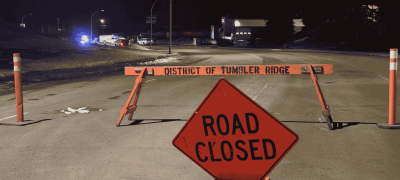A Pakistani doctor in the United Kingdom who once walked out on a patient during surgery has been assessed as being at “low risk” of repeating the same misconduct. The case drew wide attention and raised concerns about medical professionalism, patient safety, and public trust in healthcare.
The doctor admitted full responsibility for his actions. He said, “I let down everybody, not just my patient and myself but the trust and how it would look.” His statement reflected deep regret and recognition of the seriousness of his decision.
The incident occurred when he abandoned a patient midway through an operation, leaving colleagues and family shocked. The case was later referred to a medical tribunal, where his conduct, career record, and future risk were carefully examined.
During the proceedings, the panel noted that the misconduct was serious but found it was unlikely to happen again. Evidence showed that the doctor had since undergone professional development and counseling. His behavior was described as out of character, and he was considered to have learned from the mistake.
The tribunal accepted his remorse and concluded that the risk of repetition was low. As a result, the doctor avoided the harshest penalties and was allowed to continue practicing medicine under close professional guidance.
In his testimony, the doctor admitted that leaving a patient mid-surgery was a grave failure. He acknowledged the breach of trust caused to his patient, his hospital, and the medical profession. His words highlighted the weight of responsibility doctors carry and the damage that comes from neglecting it.
The case has sparked debate about accountability in medicine. Some argue that the stress faced by doctors should be recognized, while others insist that patient care must always come first. Public reactions have been divided, with many questioning whether doctors who commit such acts should continue practicing, while others believe rehabilitation and second chances are possible when remorse is genuine.
This case highlights both the fragility of patient trust and the importance of accountability in healthcare. It also underlines the role of rehabilitation when mistakes are met with honesty and responsibility. For now, the doctor continues to work under supervision, with hopes of rebuilding confidence in his professional career.
For more on global media rights and the full findings, read the latest news on : U.S. Health Risks Rise as Childhood Vaccination Rates Fall







